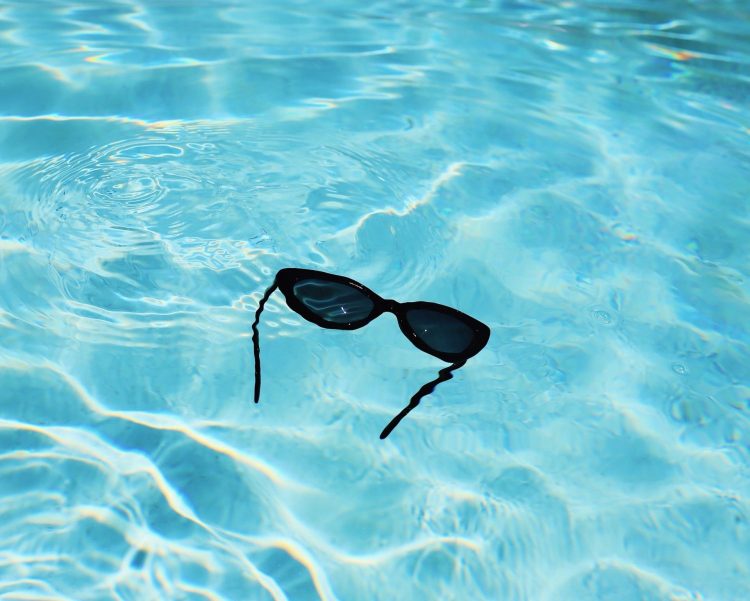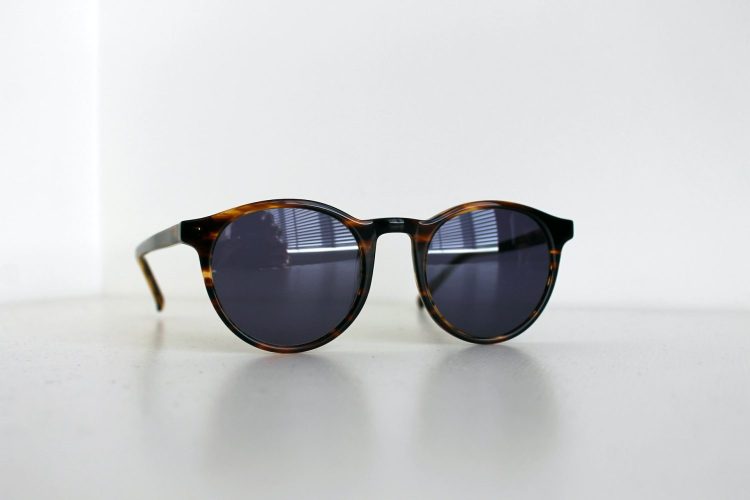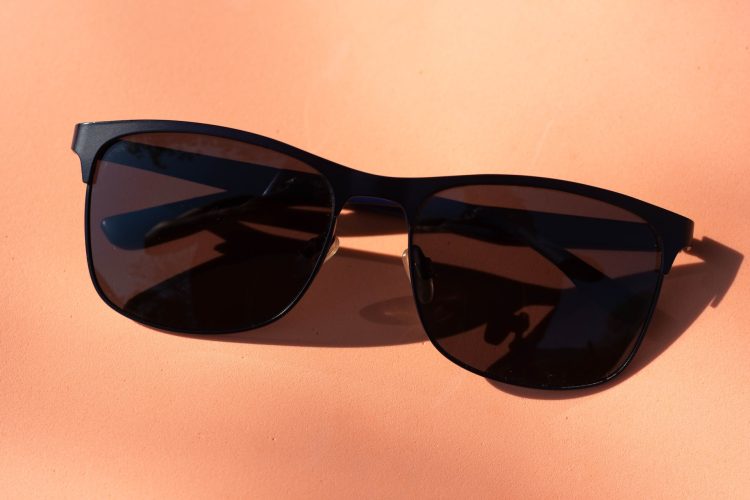The global market for sunglasses is expected to grow from $24.2 billion to $32.5 billion by 2025. With such a booming market, it’s no wonder that many businesses are looking to adopt eco-friendly practices in order to compete. But what exactly is considered “eco-friendly” when it comes to sunglasses?
Types of Sunglasses?
There are a few different types of sunglasses, depending on what you’re looking for.
Most famous types of lenses are polarized ones. Polarized lenses protect your eyes from the sun’s harmful UVA and UVB rays by blocking out certain light waves.
Some other types of sunglasses include:
– sunglasses with a wrap-around style for added coverage
– sunglasses with a tint for filtering out certain colors of light
– sunglasses with a mirrored lens for a sleek look
How Do They Impact the Environment?

When you buy sunglasses, there are often many factors that you don’t consider. Some of the things to consider when choosing sunglasses include whether or not they impact the environment, and if so, what ways? Eco-friendly sunglasses can be made from a variety of materials, including plastic and metal, both of which have their pros and cons.
Plastic lenses are often considered the most environmentally friendly option because they don’t take up much space, but they do have some drawbacks. They can be difficult to recycle and can release harmful chemicals when broken. They also tend to be more expensive than metal lenses. Metal lenses are less likely to break, but they can also be more expensive and less durable.
If you’re looking for sunglasses that are both environmentally friendly and stylish, opt for plastic lenses. They’ll save you money and help protect the environment. Sustainable sunglasses UK are also available, made from materials such as bamboo and cornstarch.
The Pros and Cons of Using Eco-Friendly Sunglasses
When it comes to your personal comfort, there’s no denying that sunglasses can make a big difference. But are your shades eco-friendly? The answer might surprise you.
Sunglasses are one of the most commonly recycled products, according to the Environmental Protection Agency (EPA). That’s because they often come in cardboard and plastic packaging, which makes them easy to recycle. Plus, many people replace their sunglasses every few years, so even if you don’t recycle them yourself, your sunglasses likely end up in a recycling bin.
However, there are some disadvantages of eco-friendly glasses and those are:
– Eco-friendly sunglasses might cost a bit more than traditional sunglasses.
– Eco-friendly sunglasses might not be as durable.
– Eco-friendly sunglasses might not fit all head shapes as well as traditional sunglasses.
So if you want to be sure your shades are eco-friendly, be sure to test them out before buying them. And if you do decide to buy them, be sure to store them properly so they don’t break or lose their effectiveness.
How to Know if Your Sunglasses are Eco-Friendly for Sure?

Sunglasses can be a great way to protect your eyes from the sun, but if you’re not sure if they’re eco-friendly, here are some tips to help you check.
– First, look for sunglasses with a green label. These products have been certified by an independent organization as being environmentally friendly.
– Second, make sure your sunglasses are made of recycled materials. Many companies are now using recycled materials in their products, so this is an easy way to help reduce pollution.
– Finally, take your sunglasses on vacation and see how they fare in the sun. If they break or lose their lenses quickly, they likely aren’t eco-friendly.
What are the Most Eco-Friendly Types of Sunglasses?
There are a number of eco-friendly types of sunglasses, but the most popular and effective are those that use environmentally friendly materials like recycled plastic or bamboo. Other less common but still effective options include using environmentally friendly lenses, using low-energy LED lights in the manufacturing process, and using materials that are biodegradable or compostable. It’s important to choose a pair of sunglasses that meets your specific needs and lifestyle, as not all eco-friendly sunglasses are created equal.
What are the Best Ways to Recycle Your Sunglasses?

Did you know that recycling your sunglasses can help save the environment? Many people throw out their old sunglasses without even thinking about it, but recycling them can actually be a great way to reduce your environmental impact. Here are some ways to recycle your sunglasses:
– Take them to a local optometrist or eyeglasses store and have them recycled. They will usually give you a discount for doing this.
– If you have a plastic case, you can sometimes recycle it by putting it in with other plastics to be made into new products.
– You can also recycle your sunglasses by sending them to an optical store or company that specializes in recycling sunglasses. They will usually give you a percentage of the value of the sunglasses for sending them in.
– You can also recycle your sunglasses by taking them to an optometrist or eyeglasses store and having them melted down and made into new products.
Conclusion
There’s a good chance that your sunglasses are not eco-friendly, and you might need to start thinking about ways to get them certified as such. According to The Guardian, “The vast majority of sunscreens on the market, including those labeled ‘eco-friendly’, don’t actually meet the criteria set by the Environmental Working Group.” In order for your sunglasses to be considered environmentally friendly, they must be made from materials like bamboo or paper that are renewable and biodegradable. Additionally, they should also undergo testing to ensure they protect people’s eyes from harmful UV rays. If you want to make sure you’re wearing eco-friendly sunglasses, check out some of these tips.






